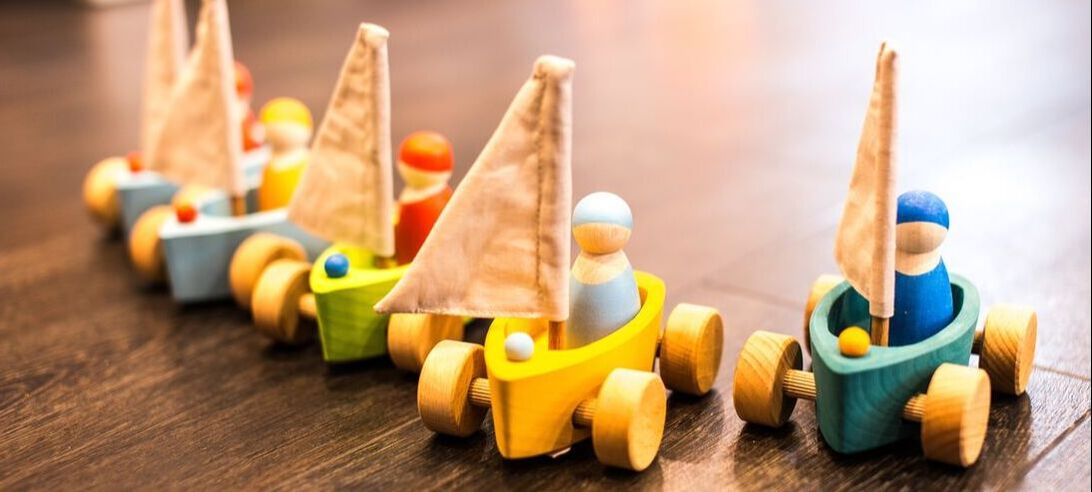|
“Play is often talked about as if it were a relief from serious learning. But for children play is serious learning. Play is really the work of childhood.” - Fred Rogers
Each training I give on therapy with children begins with a rocking Disney playlist, but also by highlighting the importance of play as an essential and necessary component for working with children in therapy. It is a way to set the stage of WHY it is so important for children to have the gift of play in therapy. To be honest, it is what I wish I had as I started my work as a school based therapist. I vividly remember sitting across from the first set of young people I worked with and asking them how their week was. I was genuinely surprised at the amount of disconnect between how they perceived the world as opposed to the view of their parents and teachers. As I tried to apply all the things I had just learned in my graduate program, I quickly learned that I needed more than just talk. BUT I felt stuck. If I was playing with a young person, there was no real work being done…or was there? Was this really something that was making a difference in helping children reduce symptoms and strive towards mental wellness? If we can get real for a moment, newly graduated therapists can often get positions more easily working with children. BUT children are the ones who need us to show up for them the most. When you work with children you sign up for immediately going outside of your comfort zone. You have to speak a different language, work with different levels of brain development, and often find yourself doing mental gymnastics to meet the needs of both the young person in front of you and the systems they belong to. It can feel confusing, overwhelming, and frustrating to just have the ink dry on your diploma and now need a whole other set of training, skills, and expertise. But once you push through that…. IT. IS. AMAZING. The privilege and honor of watching a child grow into their strengths and develop into the person they want to be is one of the most moving experiences you can have as a therapist. It makes the extra consultation, supervision, and training totally worth it. And what other profession can you play in the sand, have sword fights, wear crowns, and make art all in one day? So, let’s get neurobiological for a minute. Children do not have the abstract reasoning abilities and verbal processing skills needed for traditional talk therapy. Furthermore, they are unable to communicate their inner states accurately through verbal intervention alone. Play is the mechanism that bridges the gap between concrete experience and abstract thought. Children also develop the right hemisphere of their brain first, which not only holds emotions but also their picture centers. Play is a visual representation of inner states that allows children to express areas of difficulty, experiences, feelings, needs, self concepts and integrate experiences. It is the agent that allows children to shift and change the way they think, feeling, and act. It is a buffer to help prevent further psychological difficulties. It’s also….fun – making it a more comfortable form of expression. Oh, and it’s an evidence based practice. If anyone is questioning this, they really need to Meet Andrew. Now the journey from play to Play Therapist requires supervision, practice, and education. If you are on your journey to become a Registered Play Therapist congratulations (and I know I am preaching to the choir)! If you are just starting to explore Play Therapy – welcome! Learn about Play Therapy Supervision HERE and Trainings HERE. Let me know your WHY for playing below! Let's Connect - click here to join my email list!
0 Comments
Leave a Reply. |
Hi, there!I'm Ann Meehan, an LPCC, Loading... Archives
July 2024
Categories
All
|
Privacy Policies | Terms of Use | Disclaimer
Contact
[email protected] | Copyright Meehan Mental Health Services 2022
Contact
[email protected] | Copyright Meehan Mental Health Services 2022




